Kick-off for the new climate future lab UMEX-HOPE in Hanover
- October 9, 2025
- 2 min. Reading time
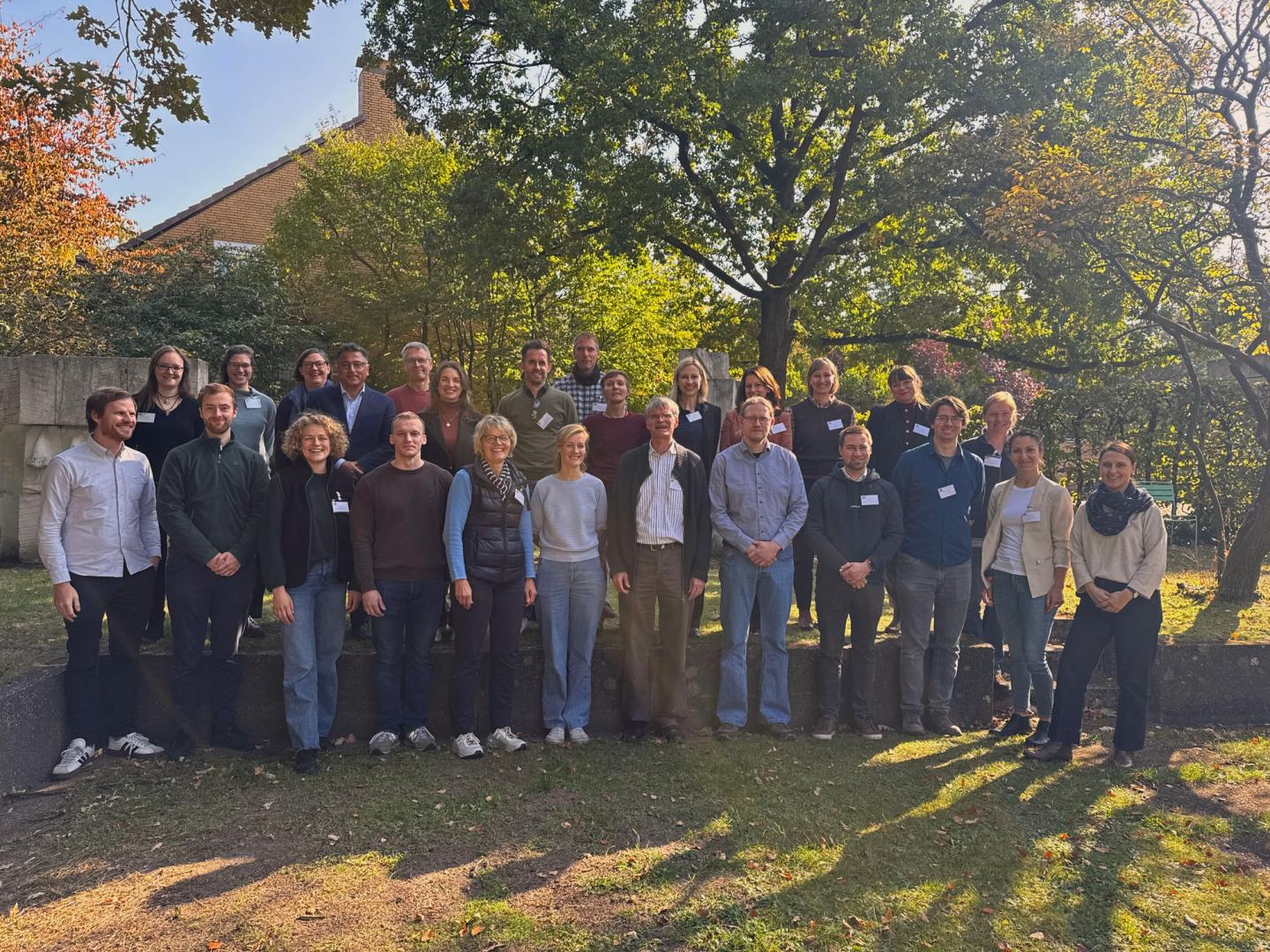
Conurbations are particularly hard hit by the consequences of climate change – with impacts on people, the environment, the economy and infrastructure. The new climate future laboratory UMEX-HOPE (Understanding the urban microclimate-ecosystem nexus to enable holistic climate adaptation in a changing climate) is investigating how cities and rural regions can become more resilient in the future.
This interdisciplinary and transdisciplinary research project focuses on the interaction between urban microclimates and ecosystems. The aim is to support cities and municipalities in developing holistic climate adaptation strategies that go beyond existing planning instruments. To this end, climate simulations, field measurements, ecological landscape analyses and health data are being brought together.
More than 20 scientists and partners from the field came together in Hanover at the beginning of October for the official launch of the project. After getting to know the seven sub-projects, the focus was on exchanging ideas about common goals, challenges and working methods.
In future, UMEX-HOPE will address the following topics, among others:
- Health risks posed by heat and air pollution
- Allergy risks posed by pollen
- Infection risks posed by native and invasive mosquitoes
This also involves potential conflicts of interest: measures such as expanding green spaces and water areas can improve the urban climate, but at the same time pose new challenges – for example, through the increased spread of mosquitoes as disease carriers.
The core outcome will be maps that visualise different health risks in urban areas and support planning processes. A web-based dashboard will provide real-time data and risk analyses to improve urban planning decisions and civil protection. In addition, the dashboard will also contribute to the development of real-time warning systems in the health sector. Climate change projections will also provide insights into how today's adaptation measures could affect urban ecosystems in the long term.
Cities and municipalities are closely involved in the project – they contribute their own questions, participate in workshops and support the measurement campaigns on site.
Consortium and external partners
The interdisciplinary and cross-location consortium brings together scientists from Leibniz University Hannover, the Technical University of Braunschweig, the Technical University of Berlin, the University of Veterinary Medicine Hannover Foundation, Göttingen University Medical Centre and GEO-NET Umweltconsulting GmbH.
In addition, there are numerous municipal partners, including the state capital of Hannover, the Hannover region, the city of Braunschweig, the municipality of Wedemark, Nibelungen-Wohnbau-GmbH Braunschweig, the Lower Saxony State Health Office and the Federal Environment Agency.
Funding volume: up to €5 million
Project duration: 6 years
Funded by: zukunft.niedersachsen
Contact persons
 Giovanna MotisiCoordinator of the Climate Future Lab UMEX-HOPE
Giovanna MotisiCoordinator of the Climate Future Lab UMEX-HOPE
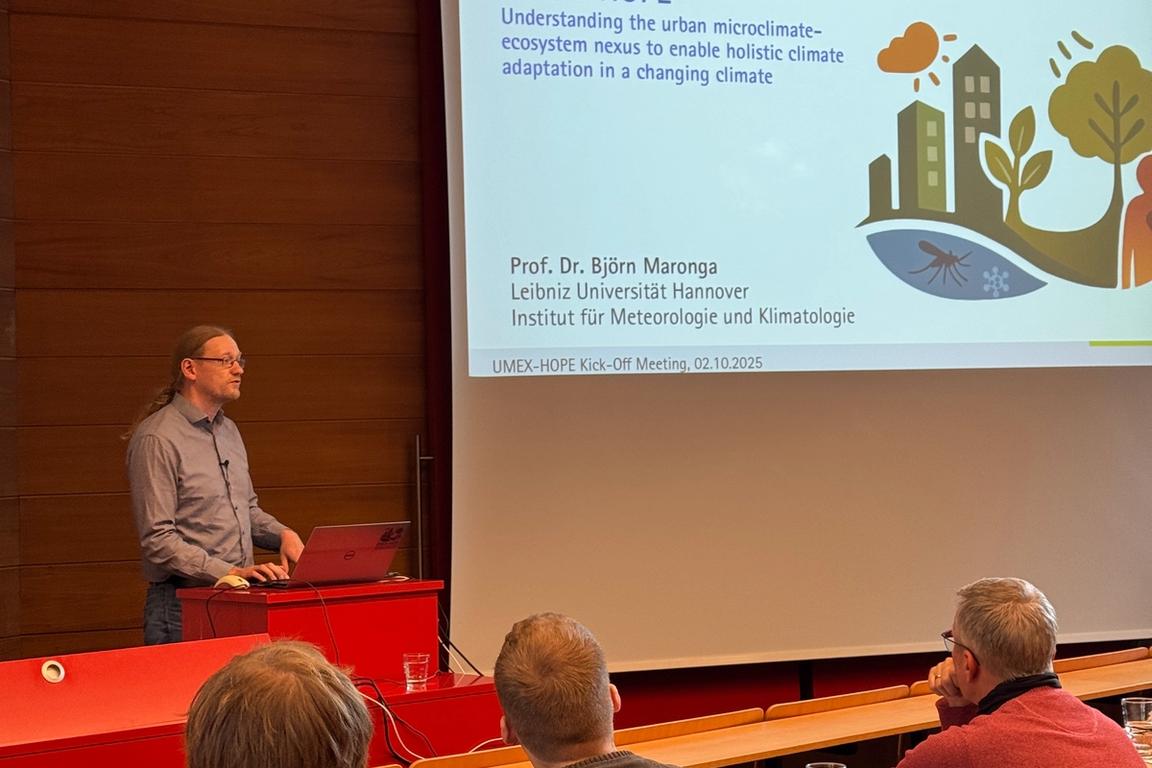
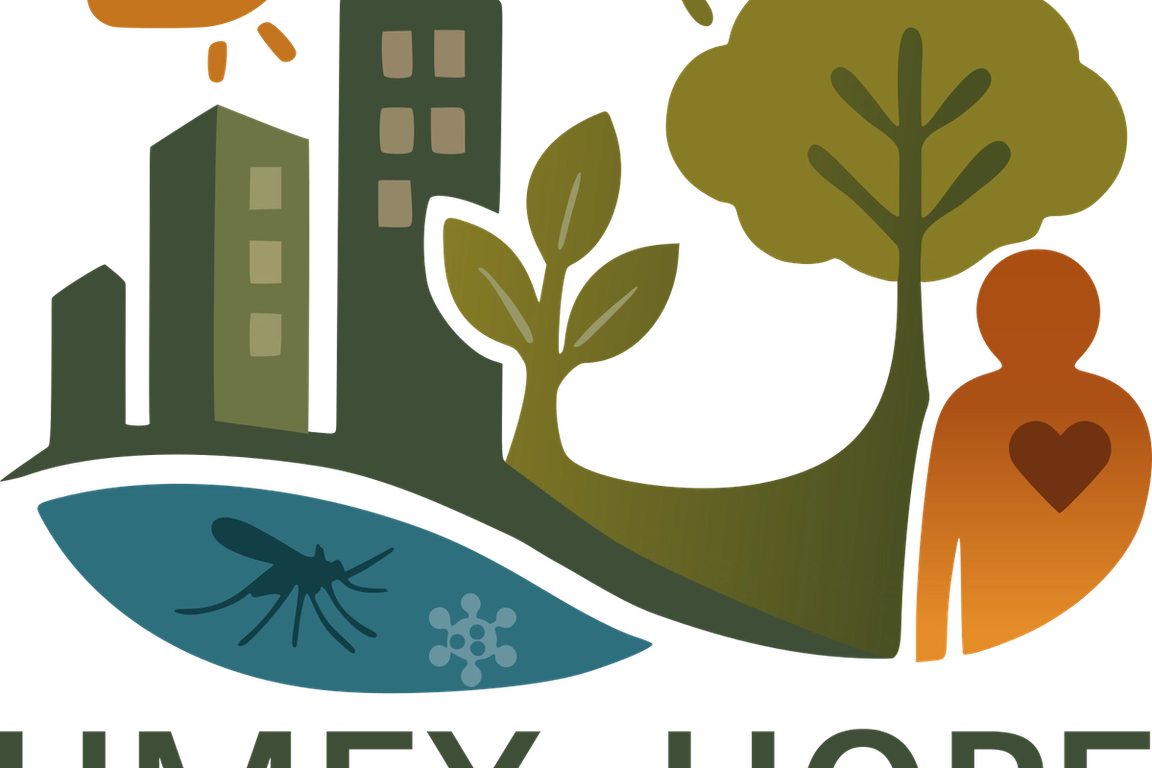
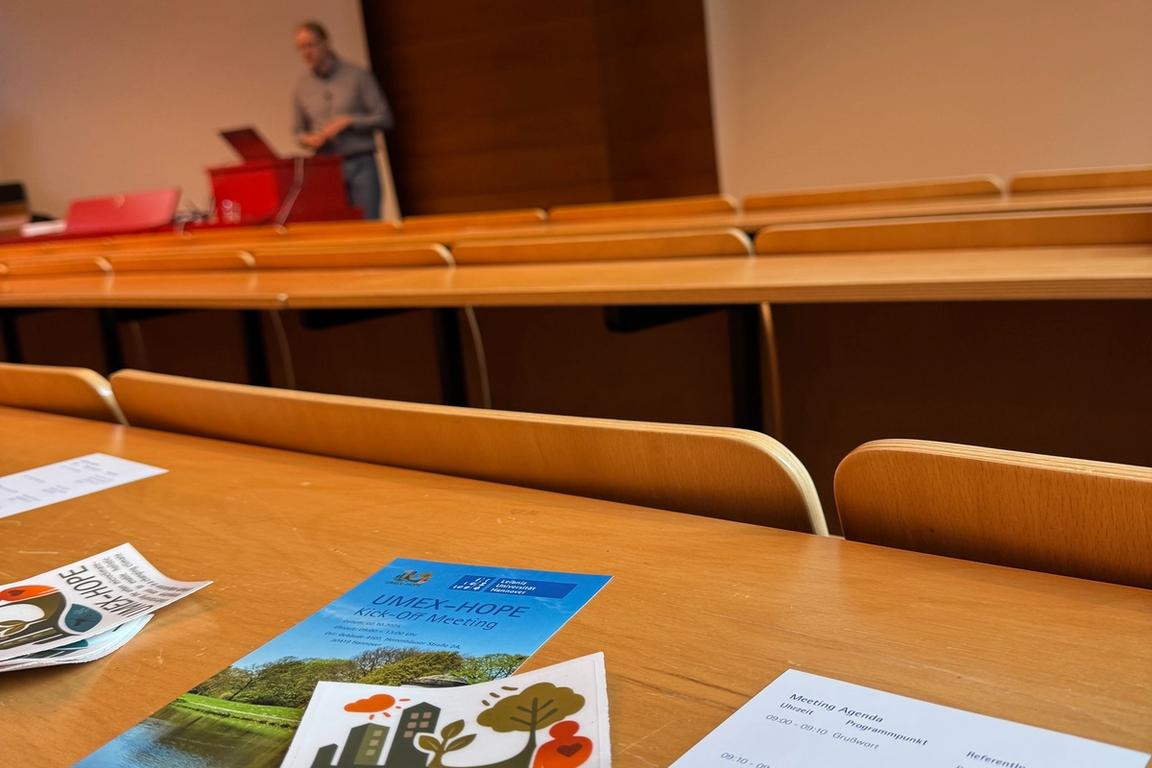
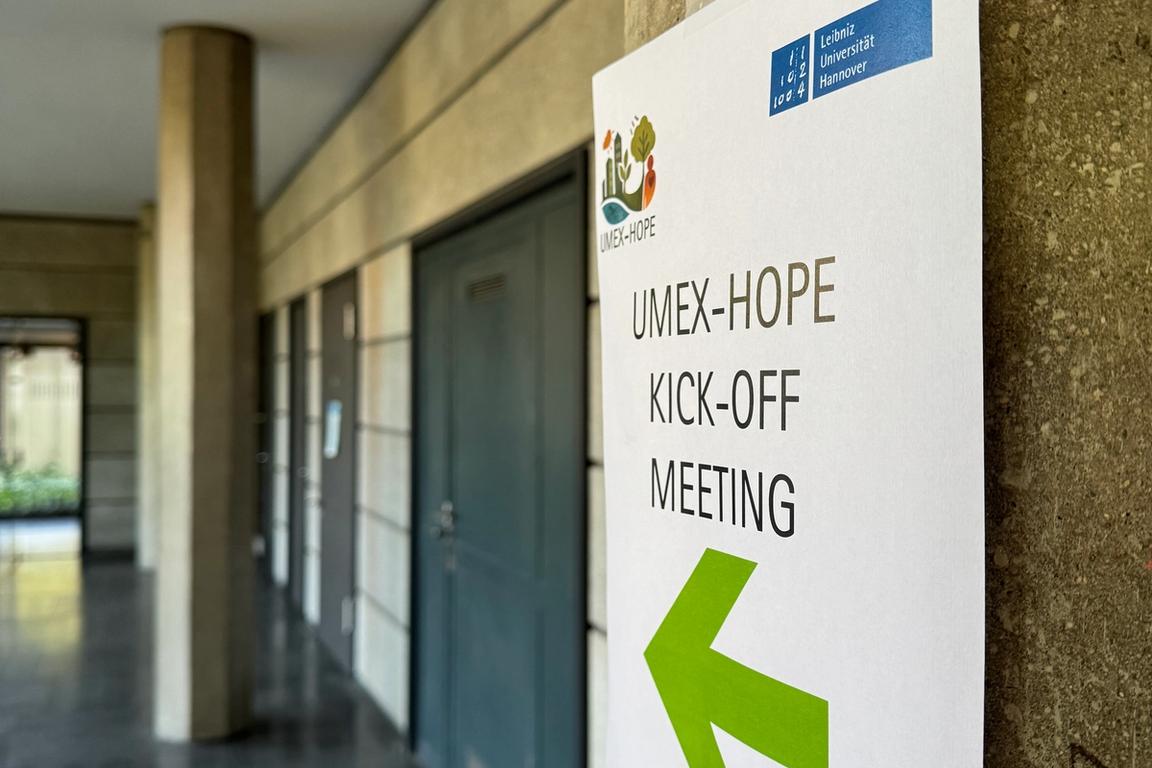
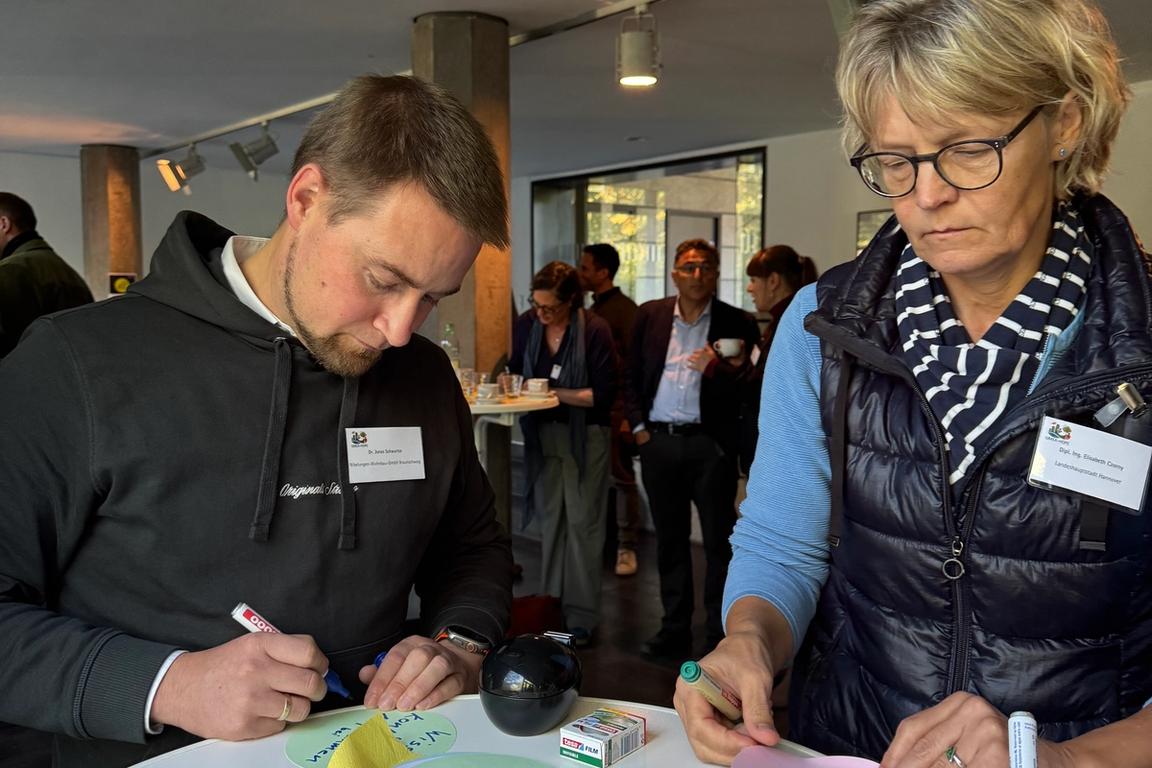
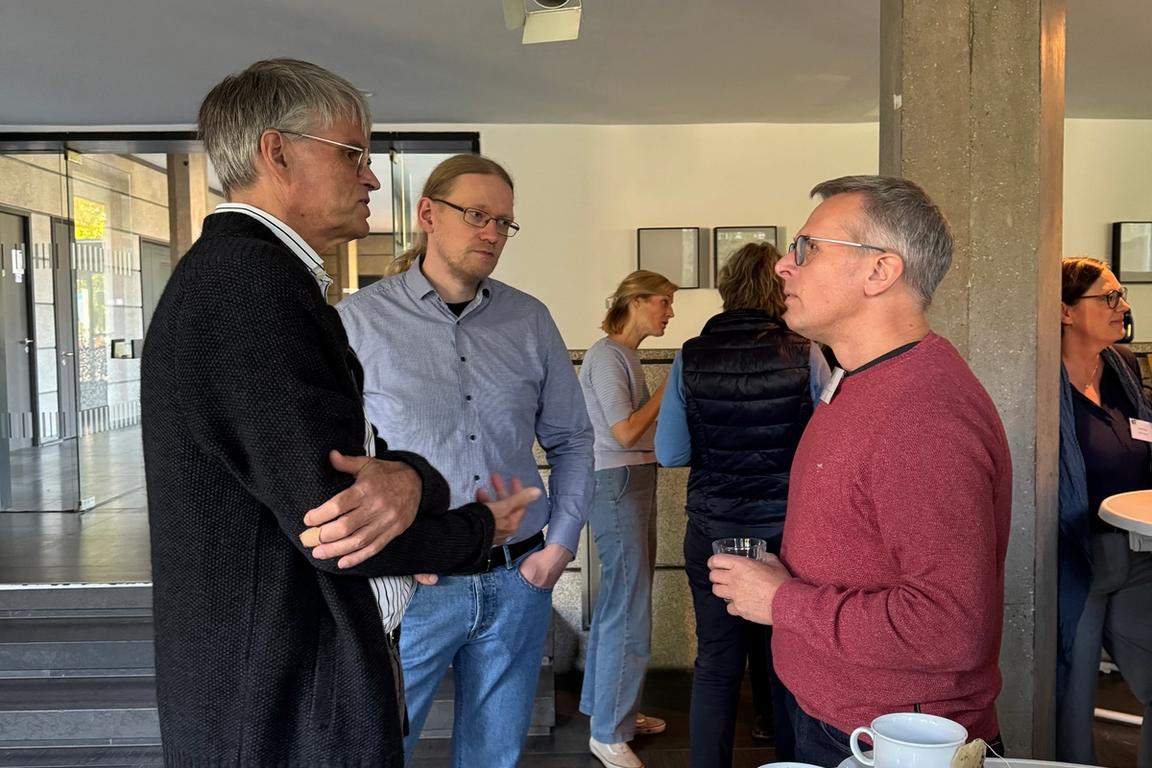
More Posts
All
Taking a holistic approach to climate adaptation in cities
Interview with UMEX-HOPE speaker Prof. Dr. Björn Maronga
7 min. Reading time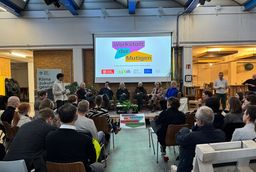
Big visions, but quick small steps
Social sustainability arises when different actors take responsibility, act together, and combine big visions with concrete, small steps.
4 min. Reading time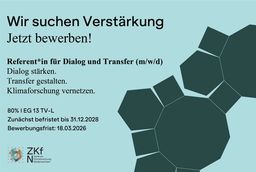
Job opening at the ZKfN
The ZKfN is looking for a dialogue and transfer officer to strengthen the exchange between science and society in climate and climate research in Lower Saxony.
1 min. Reading time